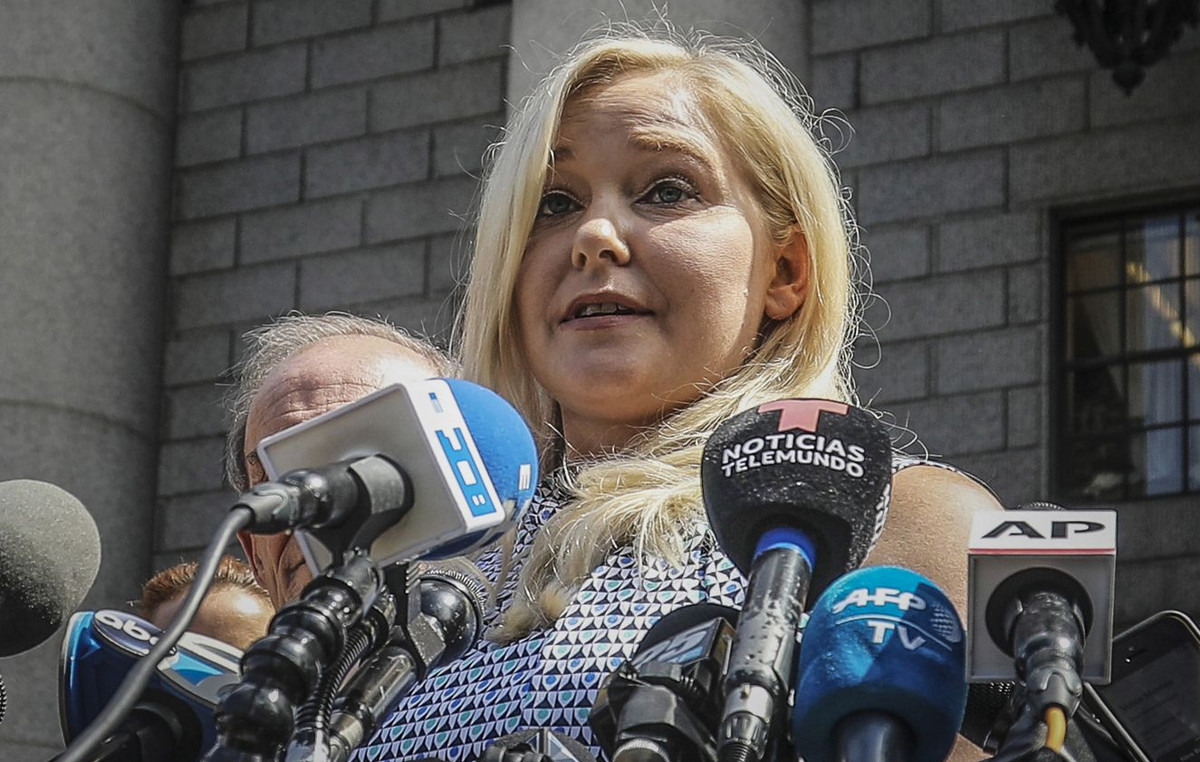The passage of Rafa, between the Gaza Strip and Egypt, is the only passage for aid to enter Gaza directly from areas outside of Israel, and the only exit that does not lead to Israeli territory. It is at the center of the conflict between Israel and the Palestinian Islamist group Hamas as the humanitarian crisis unfolds and hundreds of thousands of Palestinians head to southern Gaza from the northern part of the enclave to escape Israeli bombardment.
Over 100 trucks are waiting near the Rafah crossing on the Egyptian side today, although aid is not expected to enter the enclave until tomorrow, Friday, Egyptian security sources said. More help is in the Egyptian city of Al Aris, about 45 kilometers from Rafah. Egypt has stated that it will not close the crossing but Israeli bombers have rendered it inoperable. After yesterday’s talks between American President Joe Biden and the Egyptian president Abdel Fattah al-Sisithe US said Egypt had agreed to allow aid to reach the Palestinians through this crossing.
Where is the Rafa crossing and who controls it?
The pass is in the southern part of the Gaza Strip, a narrow strip of land inhabited by 2.3 million people and located between Israel, Egypt and the Mediterranean. Controlled by Egypt.
What has been agreed on the transfer of aid?
Biden told reporters that about 20 trucks carrying humanitarian aid would be allowed to enter the enclave. He did not give a timetable but a US spokesman said it would take place in the next few days after the damage to the road has been repaired. Sisi he also stated: “What is happening now in Gaza is an attempt to force the civilian residents to become refugees and immigrate to Egypt, which should not be accepted.”
Why is Rafa’s passing so important?
In response to the October 7 infiltration by Hamas militants that killed over 1,400 Israelis, Israel imposed a complete blockade on Gaza, cutting off electricity and halting all food and fuel supplies. About 3,500 Palestinians have been killed, according to Gaza health authorities. The blockade means the only possible route for aid to enter Gaza is through Rafah from Egypt’s Sinai Peninsula. It is also the only exit point for Gazans who want to leave. Holders of foreign passports, including Americans, have approached the site in hopes of being allowed through as part of a deal, although Cairo has said aid must be delivered first. Israel has asked Gazans to move south, closer to Rafah, to protect themselves from shelling, although residents say they cannot find shelter anywhere in the densely populated enclave.
Why is the passage prohibited?
Egypt treats with caution any security issue near the border with Gaza in northeastern Sinai, where it has faced Islamist militant activity that peaked in 2013 and has now been largely contained. Since Hamas took control of Gaza in 2007, Egypt helped impose a blockade on the enclave and severely restricted the movement of people and goods. As with key crossings with Israel, restrictions have sometimes been eased but not forthcoming, and travelers need a security clearance and time-consuming checks to get through. In 2008, tens of thousands of Palestinians entered the Sinai after Hamas blew holes in the border fortifications, forcing Egypt to build a wall of stones and cement.
Egypt has acted as mediator between Israeli and Palestinian factions in past conflicts and periods of unrest. But in those situations it had also closed the borders, allowing aid to enter and civilians to exit for health reasons but preventing any large-scale movement of people. Even as Israel continues its heaviest-ever bombardment of Gaza in response to a Hamas attack, Egypt has so far shown no signs of changing its approach.
What efforts are being made to open the passage?
The United Nations have called on Israel to prevent a “humanitarian catastrophe” in Gaza, warning that food, fuel and water are running out at an alarming rate. Hospitals say they are struggling to care for the injured as backup generators run out of fuel. US Secretary of State Anthony Blinken said on Tuesday that the US and Israel had agreed to develop a plan to deliver humanitarian aid to civilians in Gaza without benefiting Hamas.
Why are Arab states so reluctant to accept Palestinians?
Arab countries fear Israel’s latest war with Hamas in Gaza could spark new wave of permanent displacements from the land where the Palestinians hope to build a state. Egypt, the only Arab state that shares a border with Gaza, and Jordan, which borders the West Bank, have issued warnings against forcing Palestinians off their land.
President Sisi has said it is important for Palestinians to “remain firm and present in their land,” while Jordan’s King Abdullah has warned against any attempt “to forcefully displace Palestinians from all Palestinian lands or provoke internal strife.” their displacement”. For Arabs and Palestinians, the idea of fleeing or being expelled from the land where they want to establish a state is reminiscent of the “Nakba,” or “catastrophe, where many Palestinians fled or were driven from their homes during the 1948 war, which accompanied the establishment of the Israeli state.
Israel disputes the claim that it expelled the Palestinians, saying it has been attacked by five Arab states since its creation. About 700,000 Palestinians, half the Arab population of what was then British Mandate Palestine, lost their possessions and were displaced, many fleeing to neighboring Arab states where they and their descendants remain. Many still live in refugee camps. As a result, many Palestinians say they do not want to leave Gaza – from which Israel withdrew in 2005 after 38 years of occupation – despite the recent escalation of the conflict.
Source: News Beast
With 6 years of experience, I bring to the table captivating and informative writing in the world news category. My expertise covers a range of industries, including tourism, technology, forex and stocks. From brief social media posts to in-depth articles, I am dedicated to creating compelling content for various platforms.







